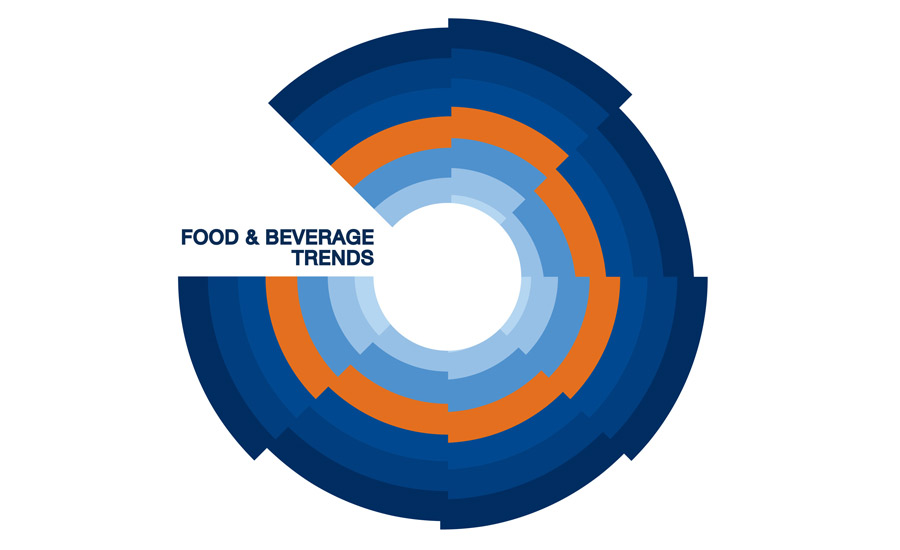Consumer demand for product transparency is driving the evolution of the food industry, requiring brands and manufacturers to understand and capitalize on delivering the in-depth product information consumers crave. Currently, only 12% of consumers rank brands as their most trusted resource for information about what is in their own food, but 67% of consumers believe it is the brand or manufacturer's responsibility to provide consumers with this information, demonstrating a clear gap between consumer expectations and the information brands are providing.
Label Insight, the leading provider of SaaS data solutions that power transparency between CPG brands, retailers and consumers, has released the 2016 Label Insight Food Revolution Study which examines how consumers view their food choices, and what they expect from companies. According to the report, the majority of consumers surveyed value product transparency and consider many different data points before making purchase decisions; but, they do not trust the extent of information provided or the ways in which brands are currently delivering it.
The study, which surveyed 1,522 consumers to discover how they make food choices, shop and what they expect from brands in terms of product information, reveals that brands that meet customer expectations for product information and deliver that information instantly develop a new dynamic of convenience, trust, and long-term value.
"We've reached a point where consumers have much higher expectations for transparency about what is in their food," said Patrick Moorhead, CMO at Label Insight. "Consumers have been demanding more and more information from brands in every sector of the market, and food companies are finally realizing how important it is to provide that information."
The report progresses from delving into the current state of consumer confusion and spending decisions, to highlighting the opportunities brands and manufacturers have moving forward. As an overview:
Consumer Confusion: The majority of consumers (81%) have consumed a packaged product with an ingredient they didn't recognize at some point in the past month.
Informed Purchase Decisions: Nearly all respondents (94%) said that it is important to them that the brands and manufacturers they purchase products from are transparent about what is in their food and how it is made.
Added Value: More than two-thirds (83%) say they would find additional value in having access to more extensive product information.
Consumer Loyalty: More than a third of consumers surveyed (37%) said they would switch brands if another brand shared more detailed product information.
Demand for Food Product Transparency
Label Insight study reveals insights into consumer demand for product transparency and its impact on the food industry
